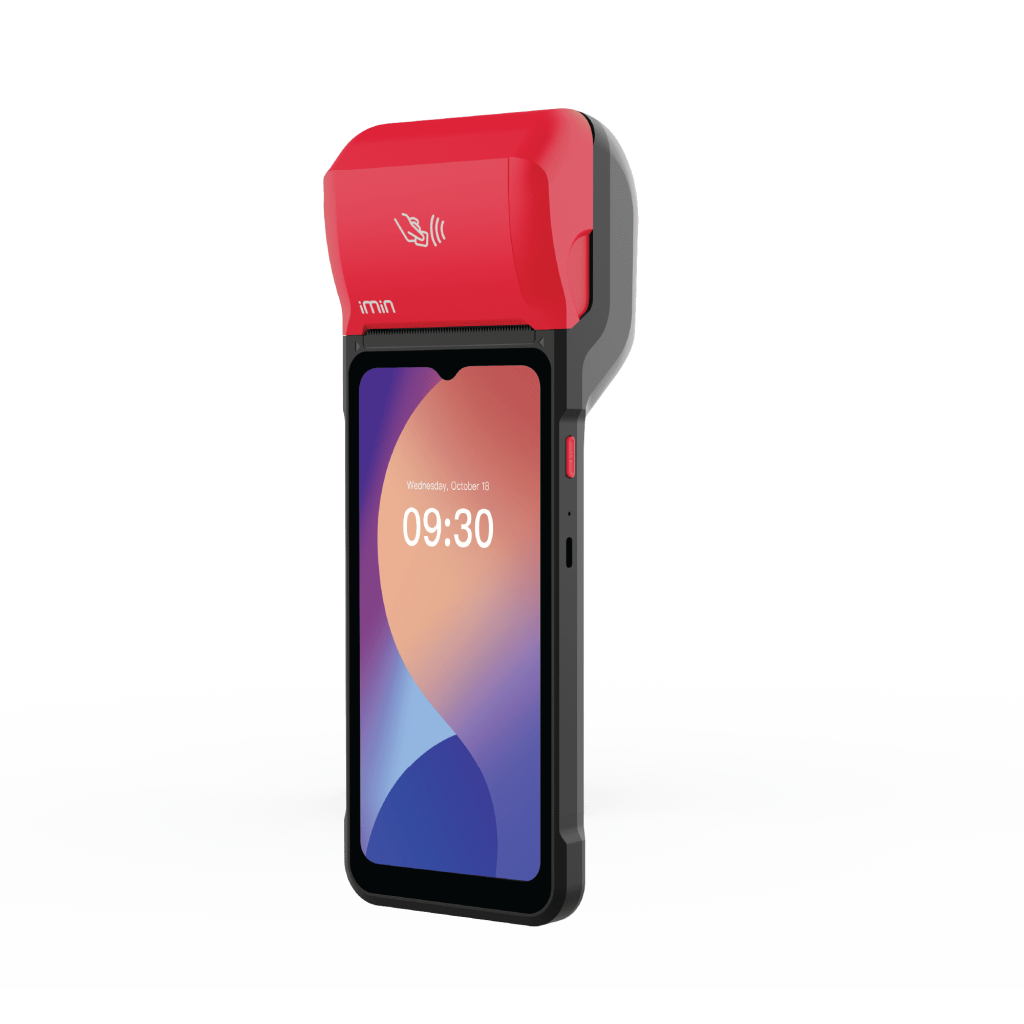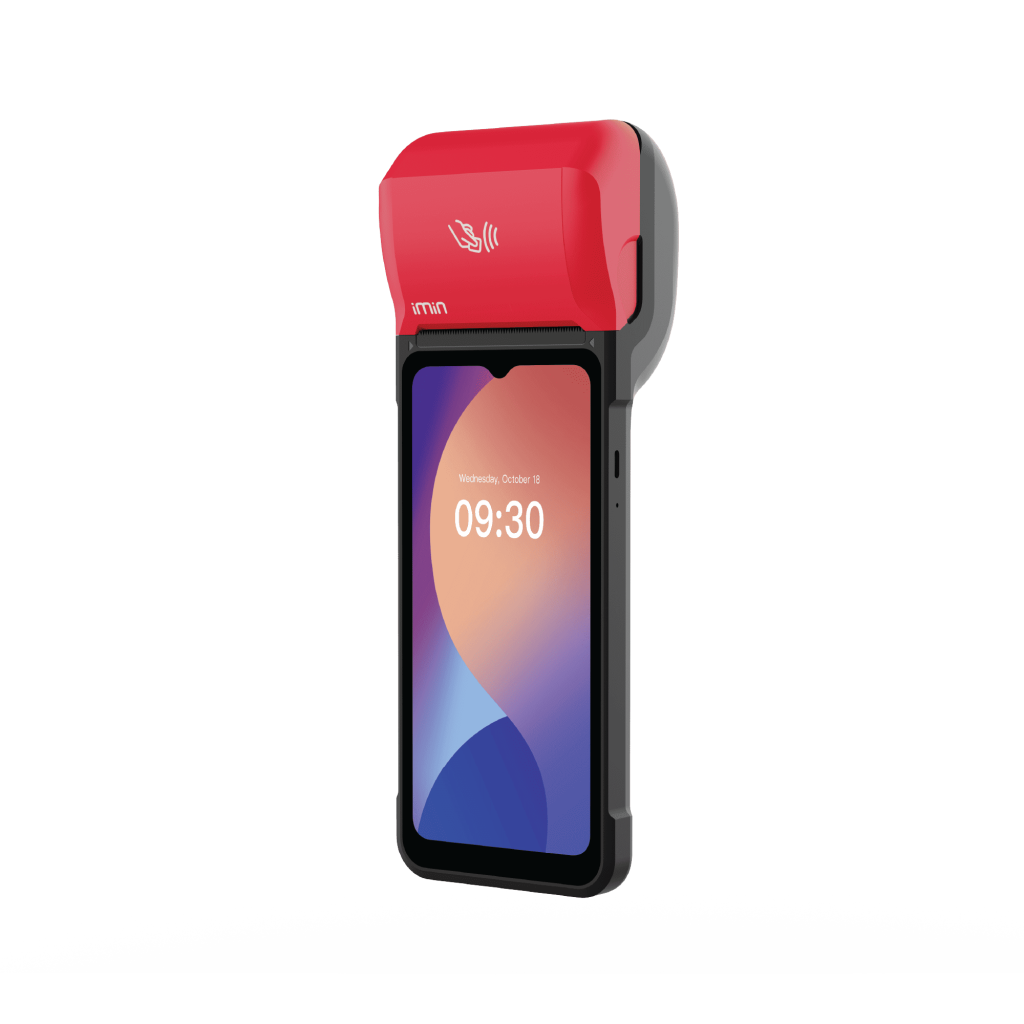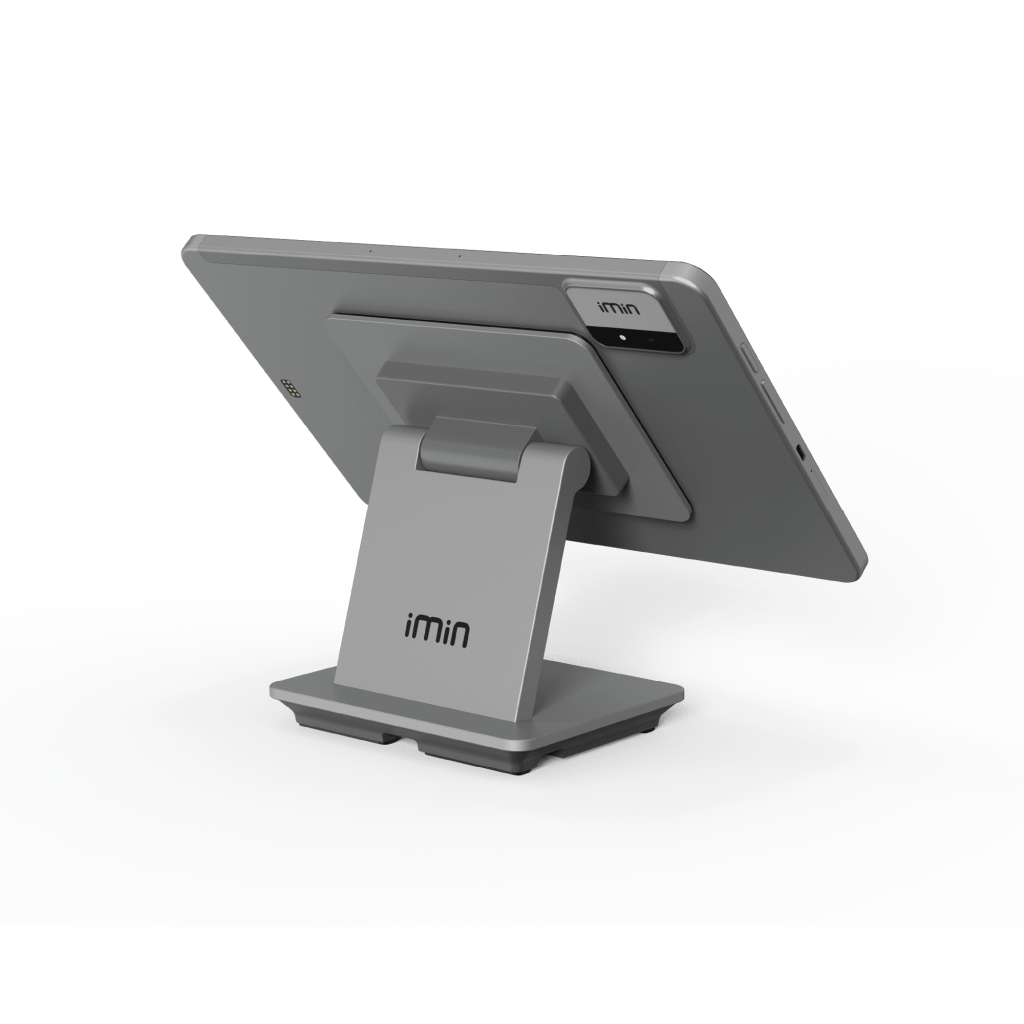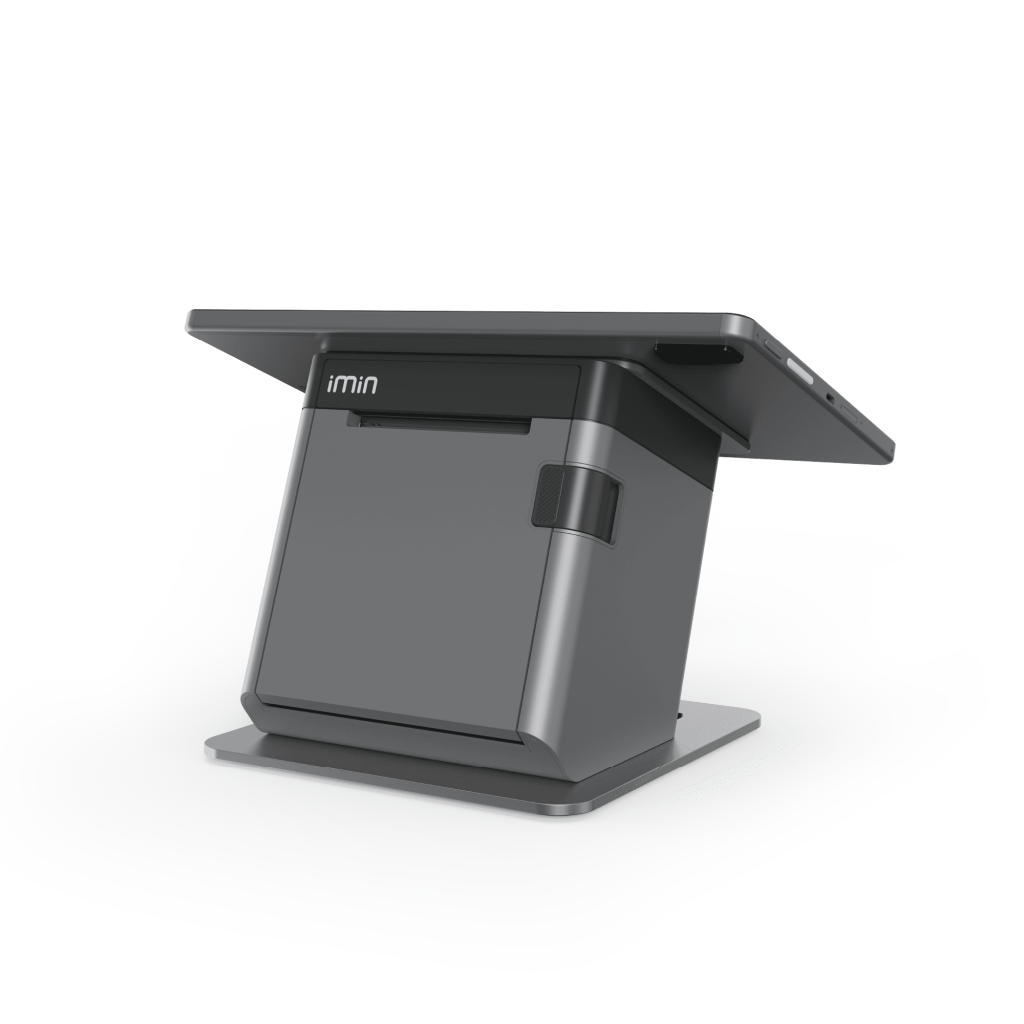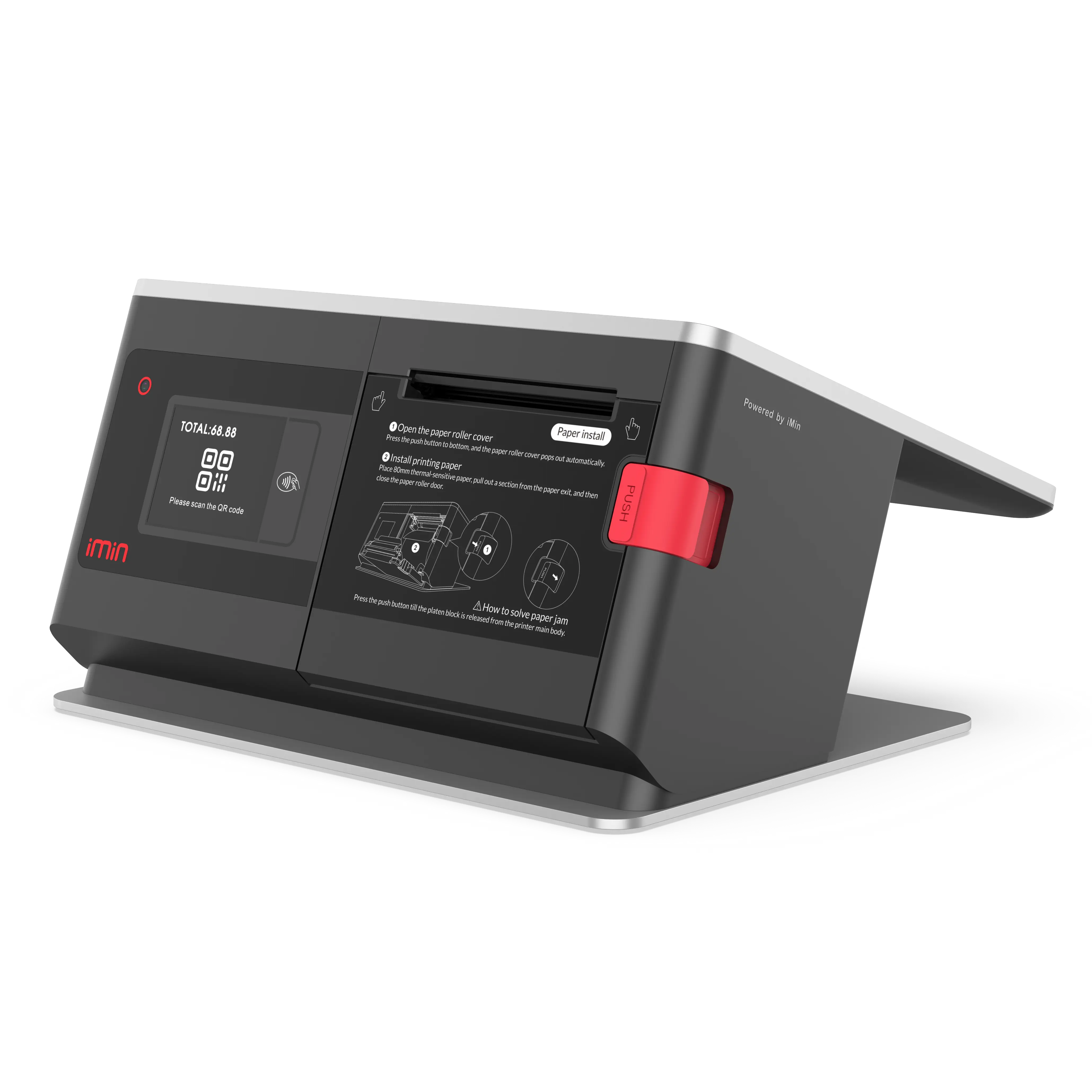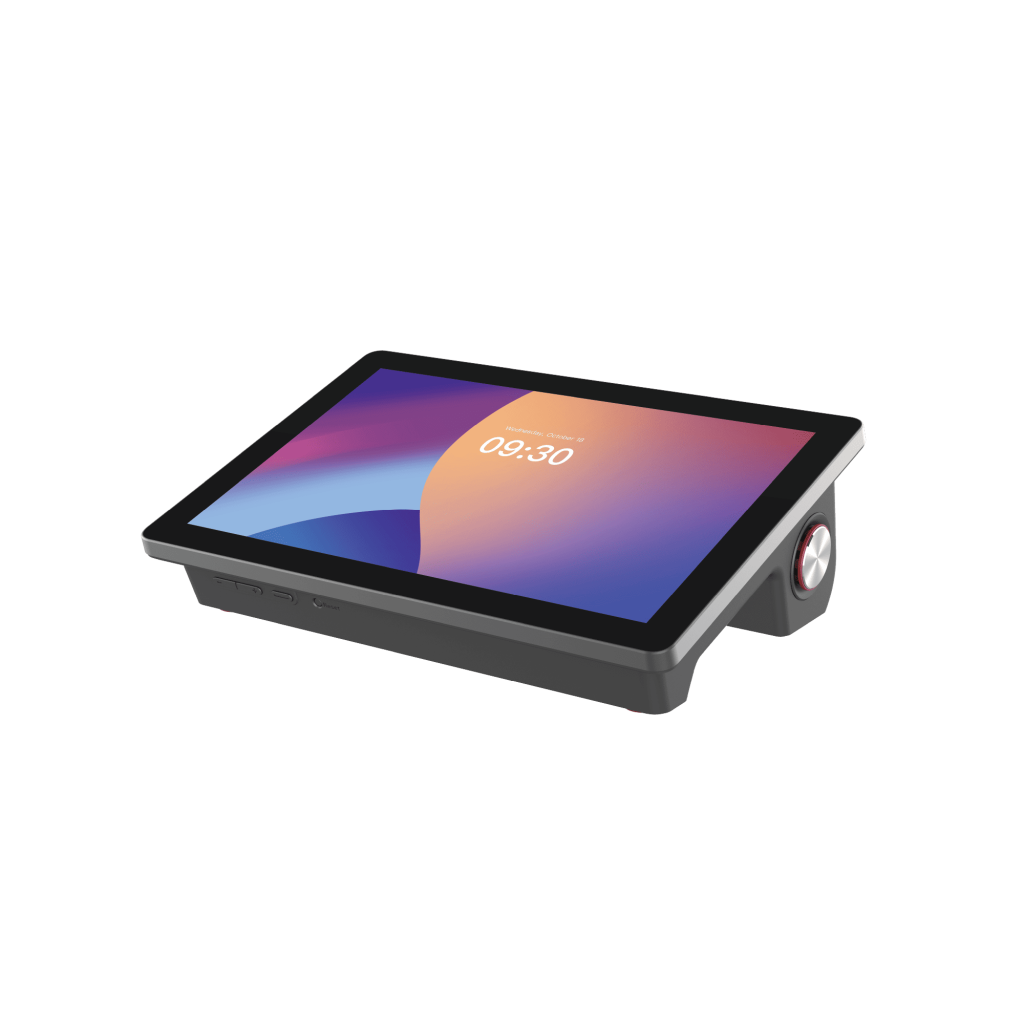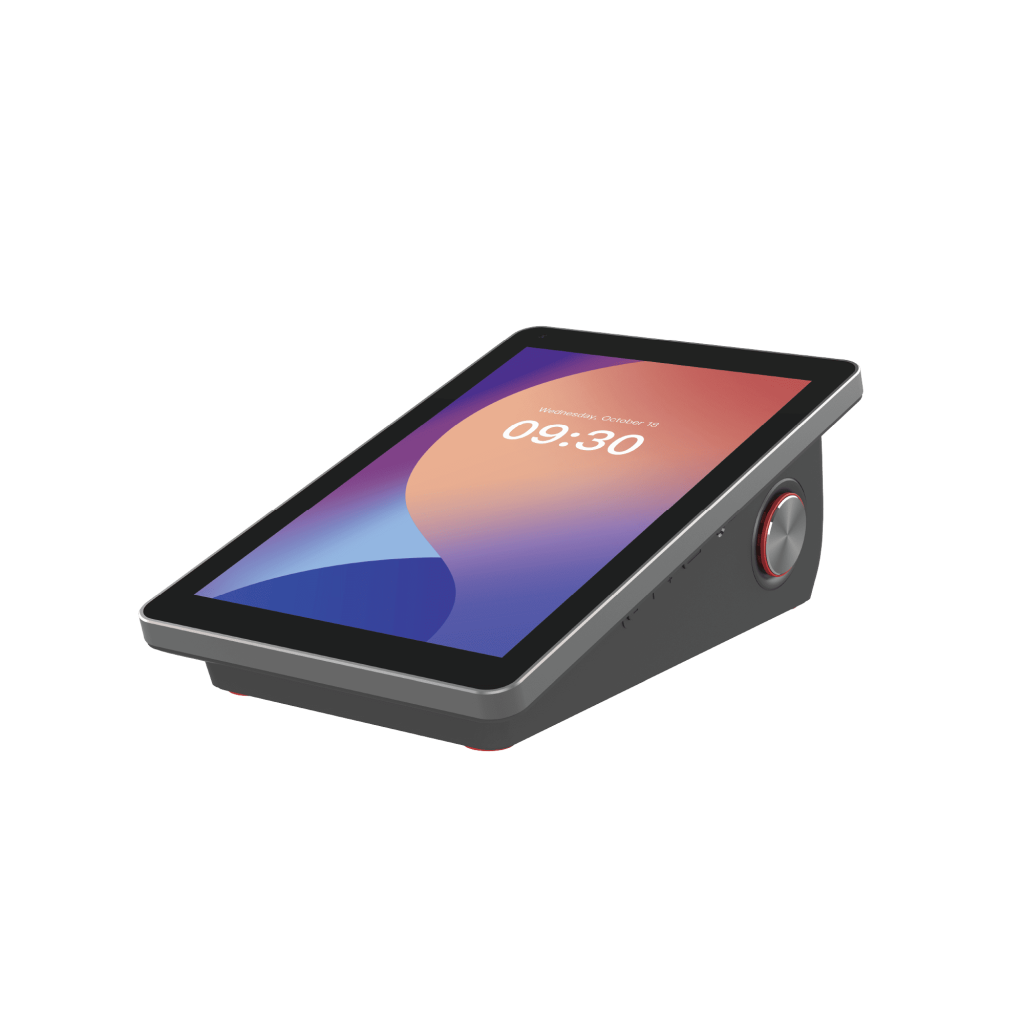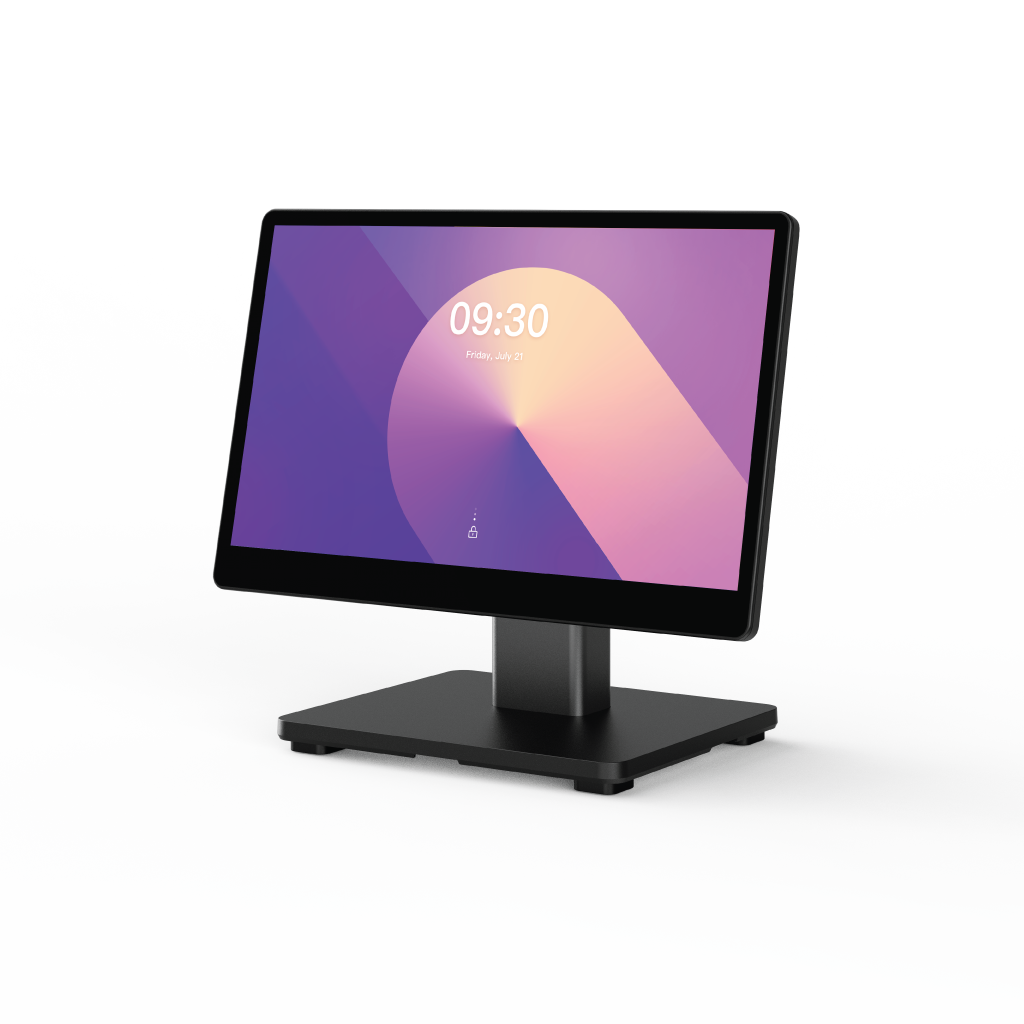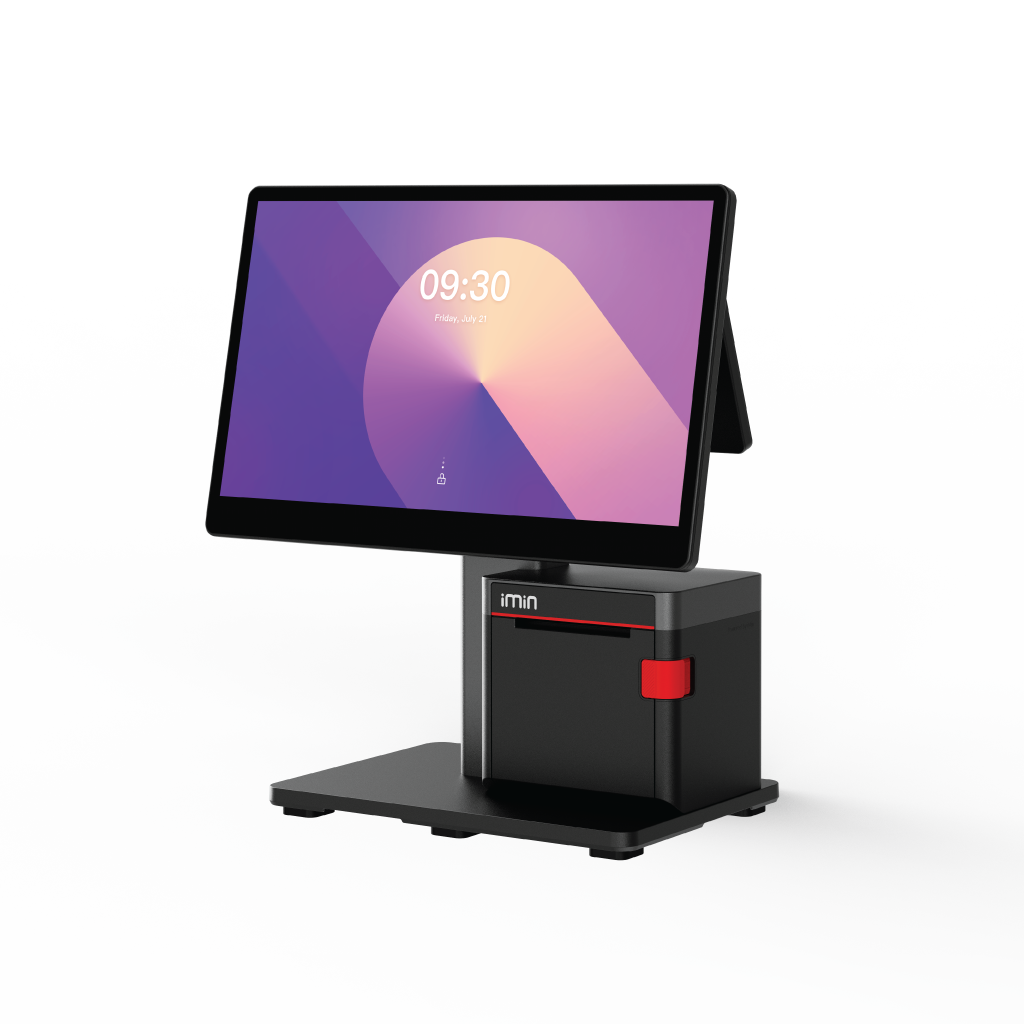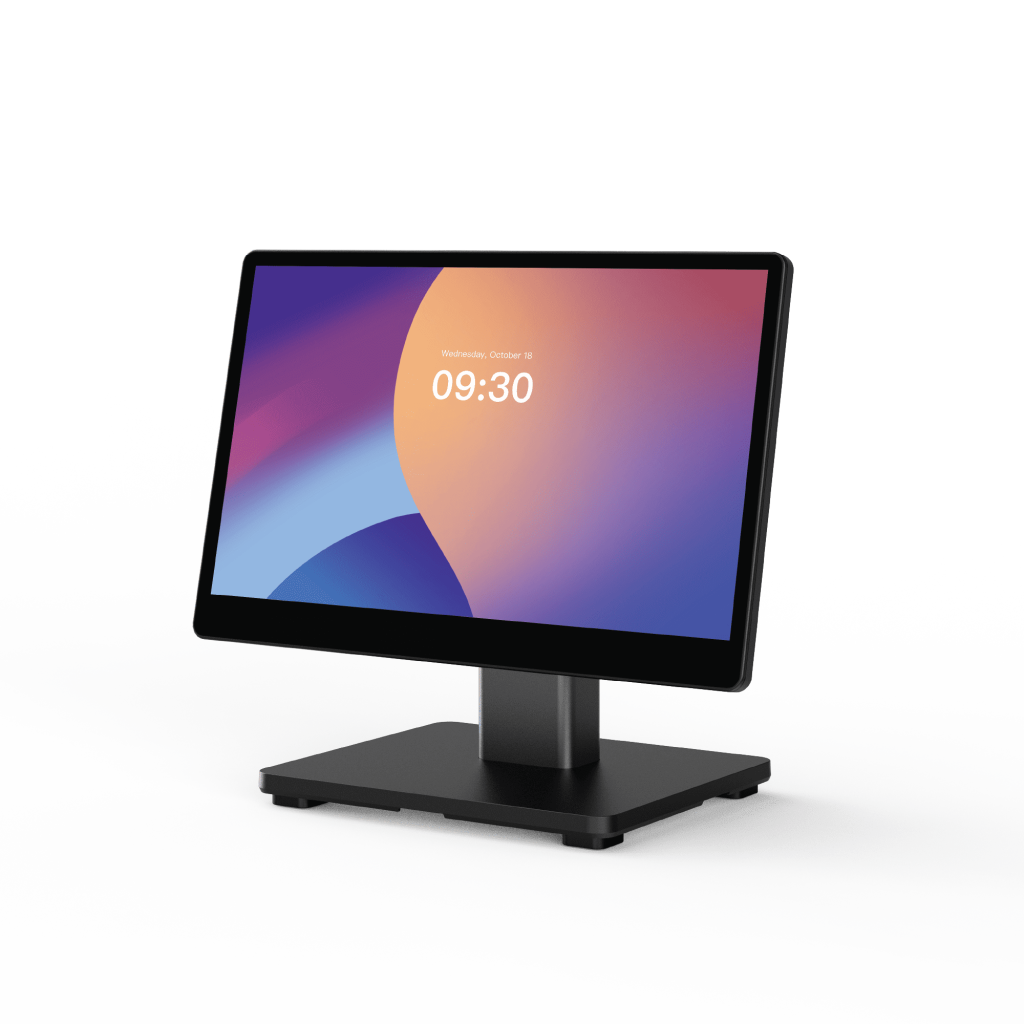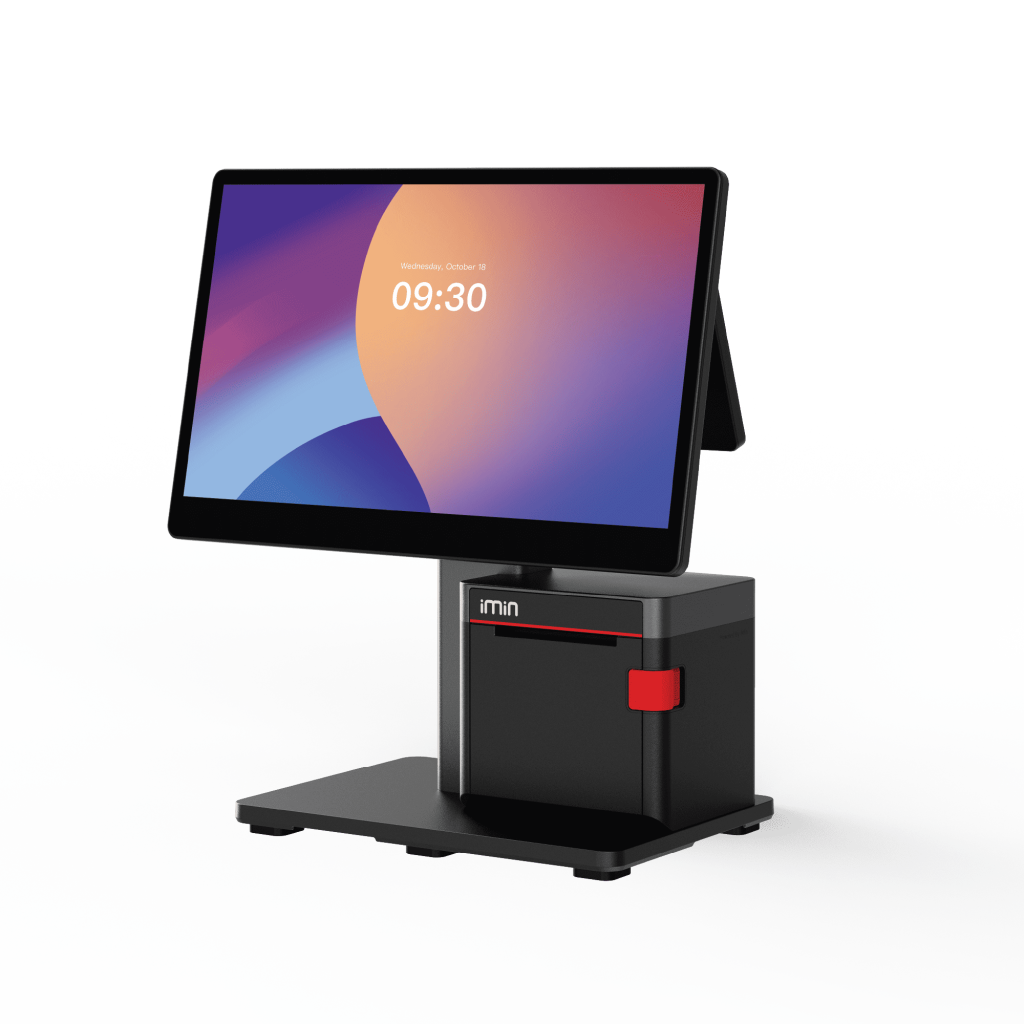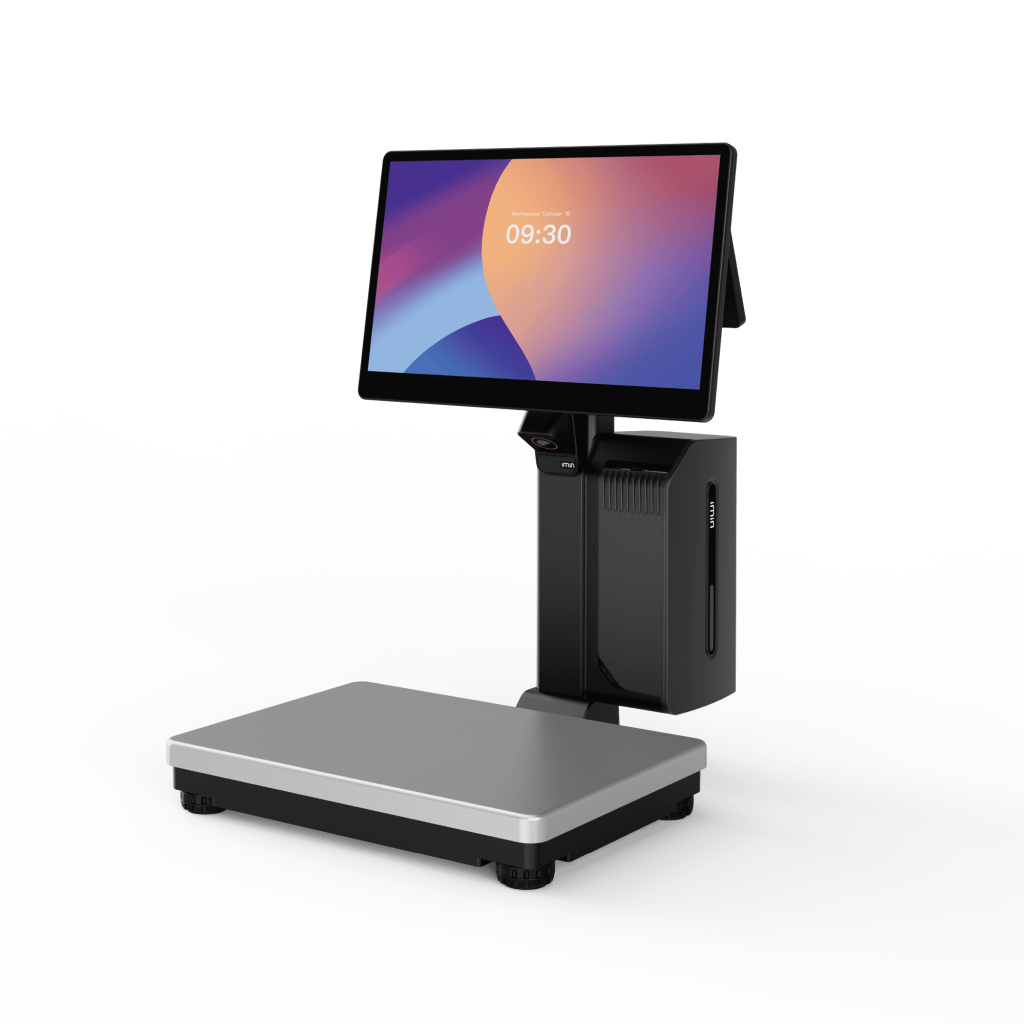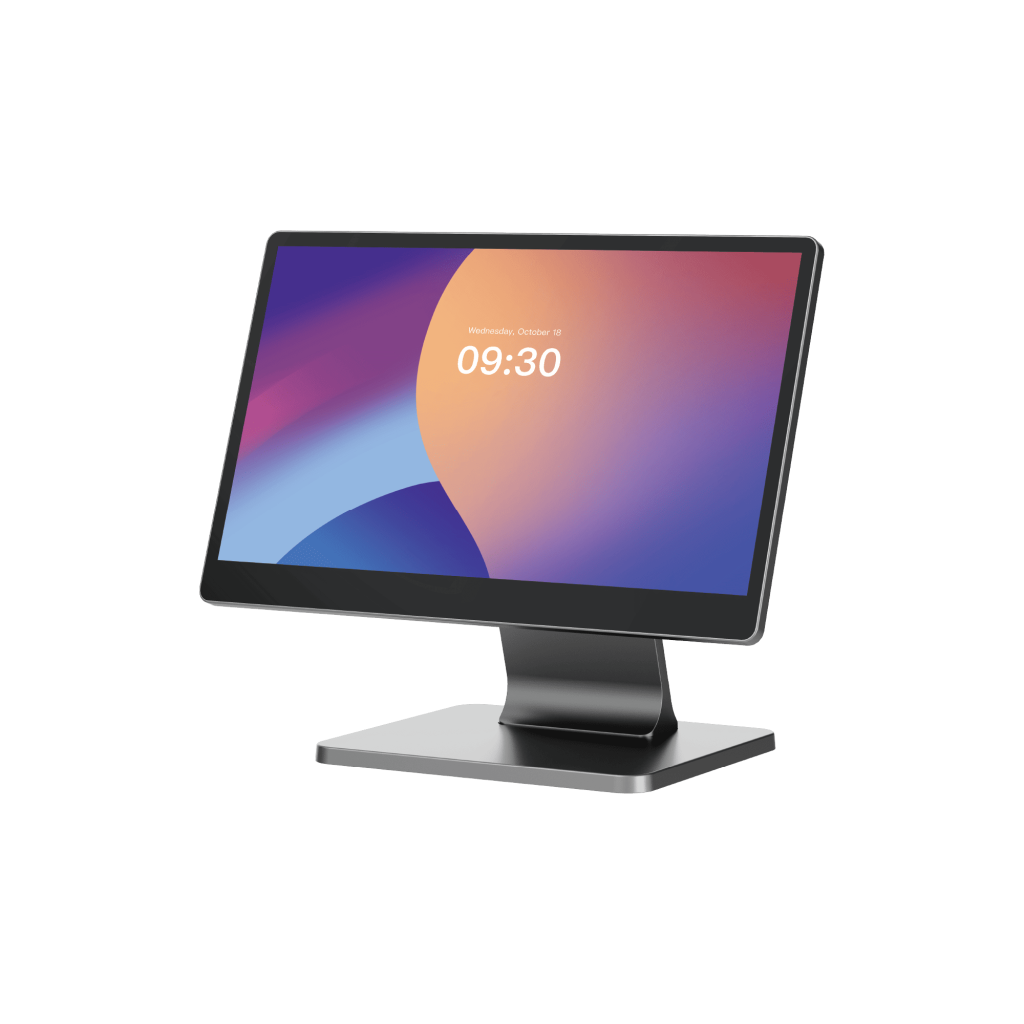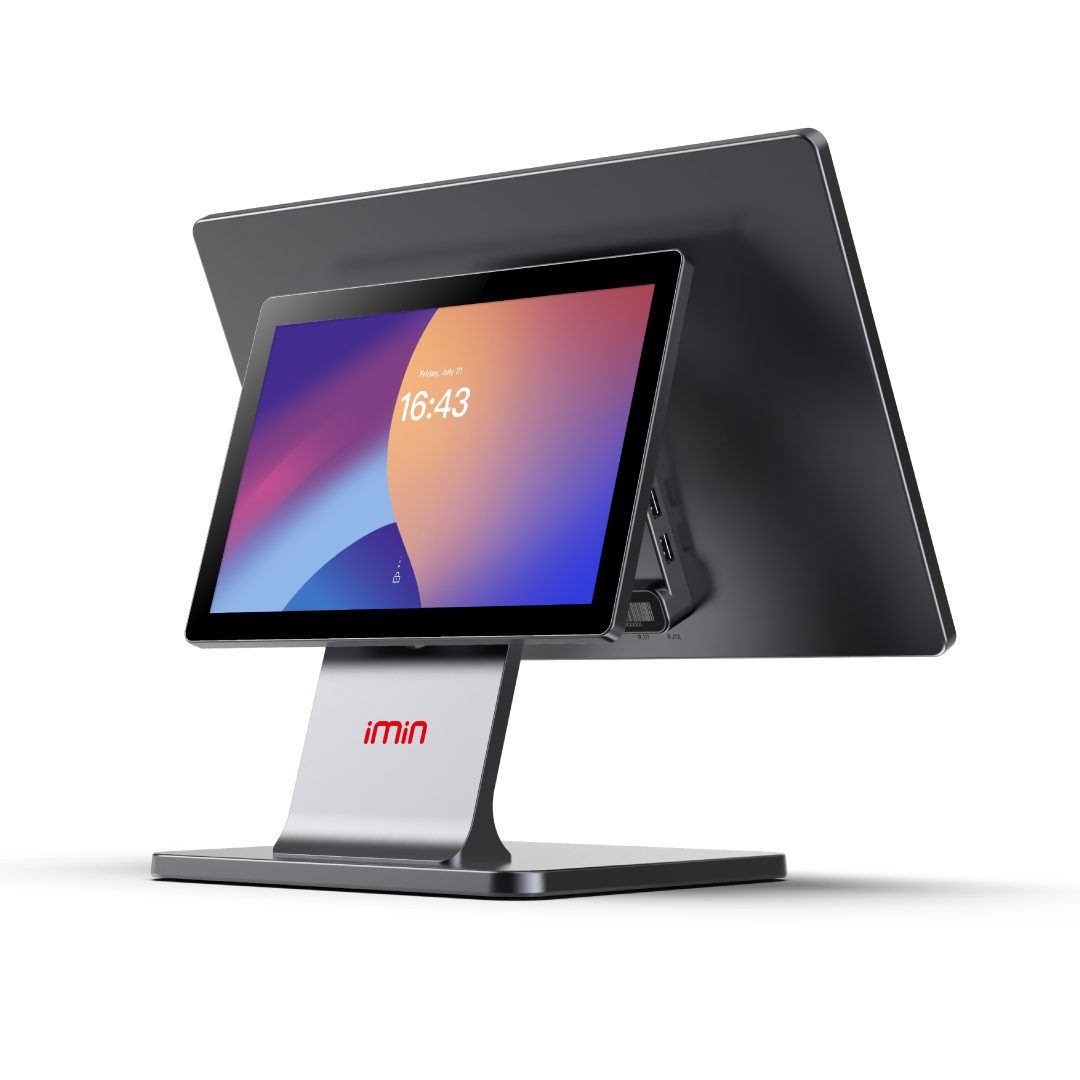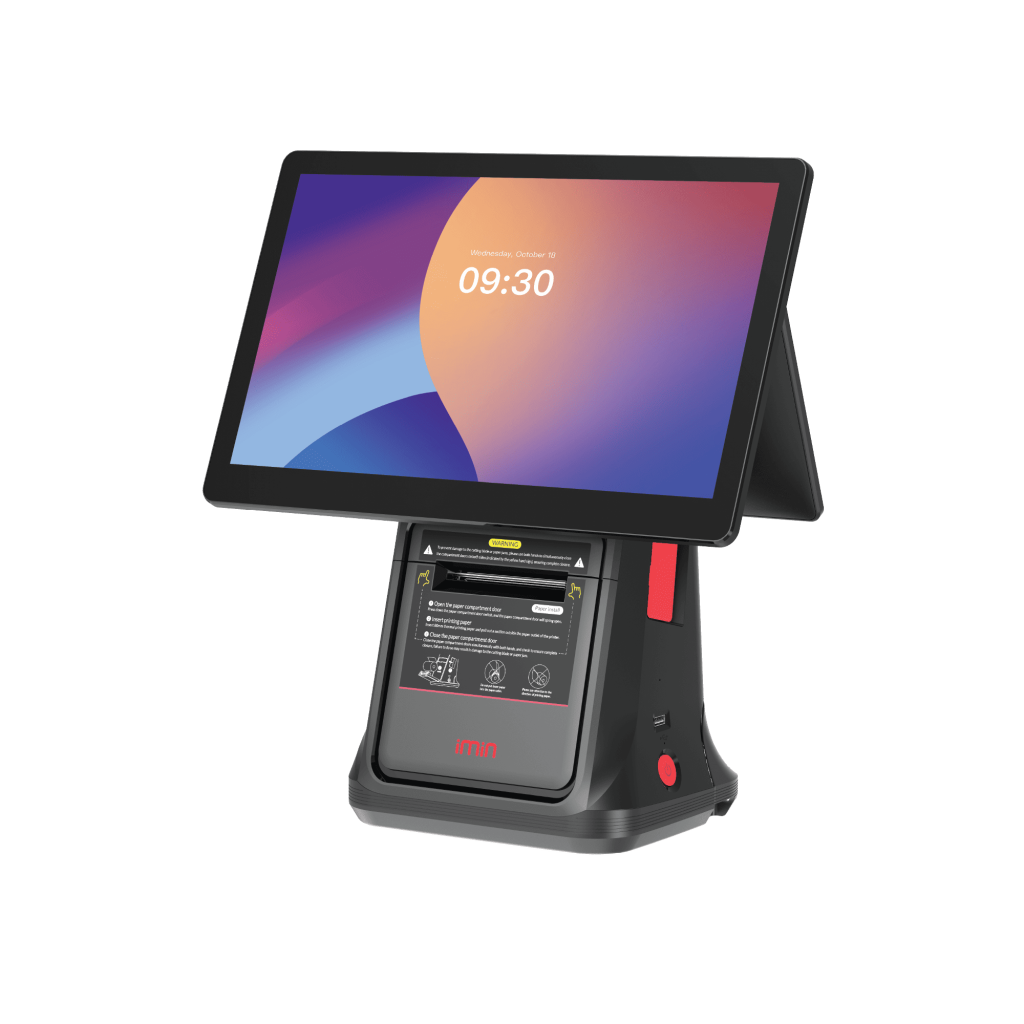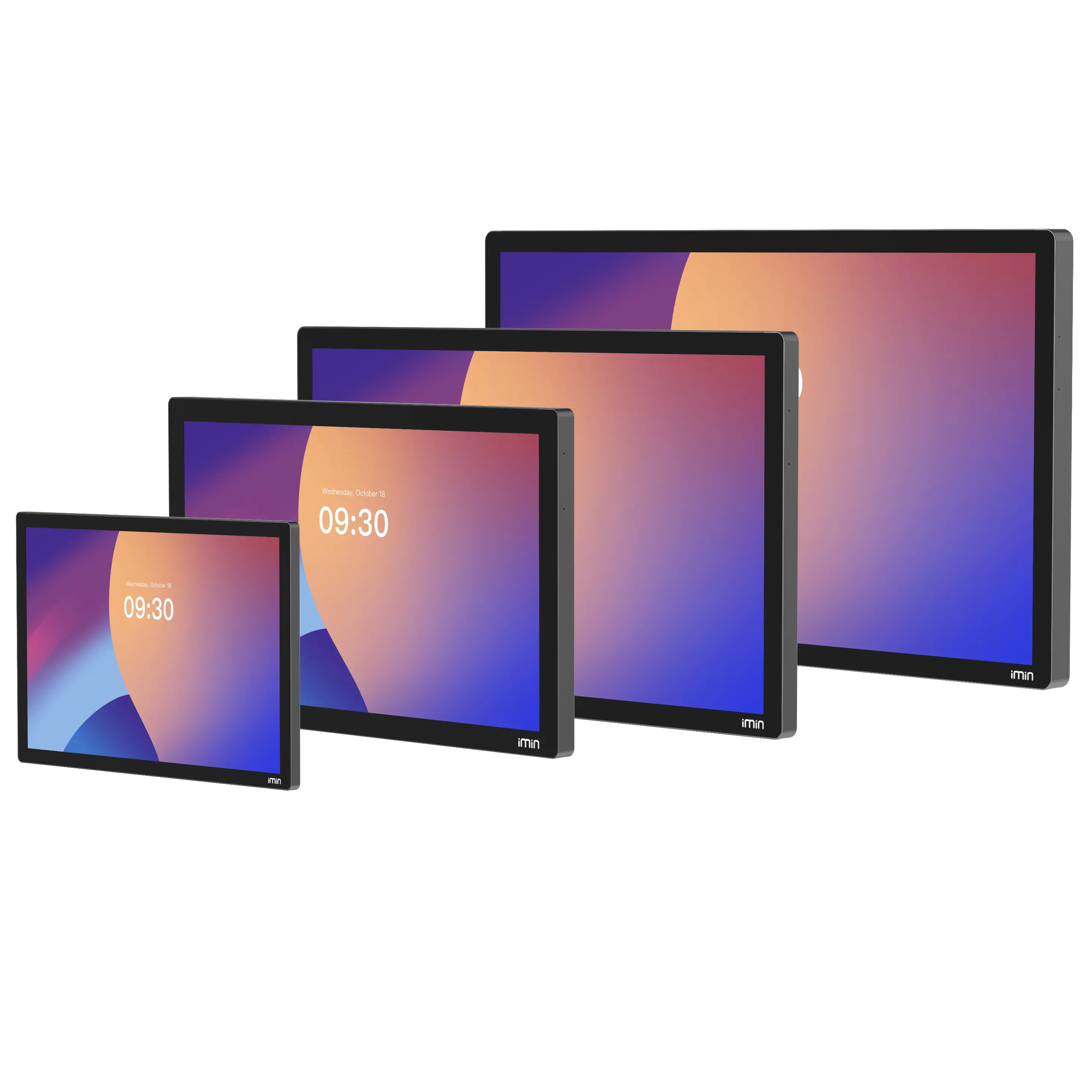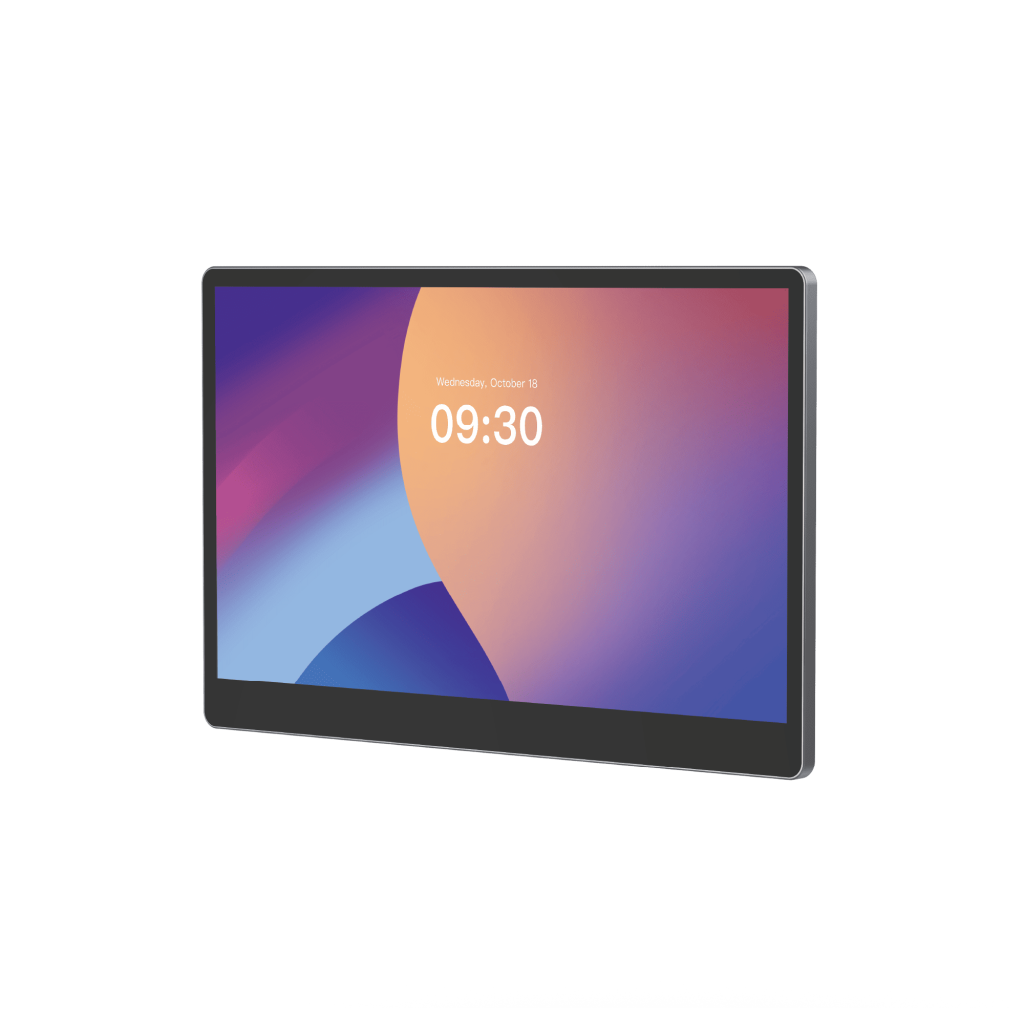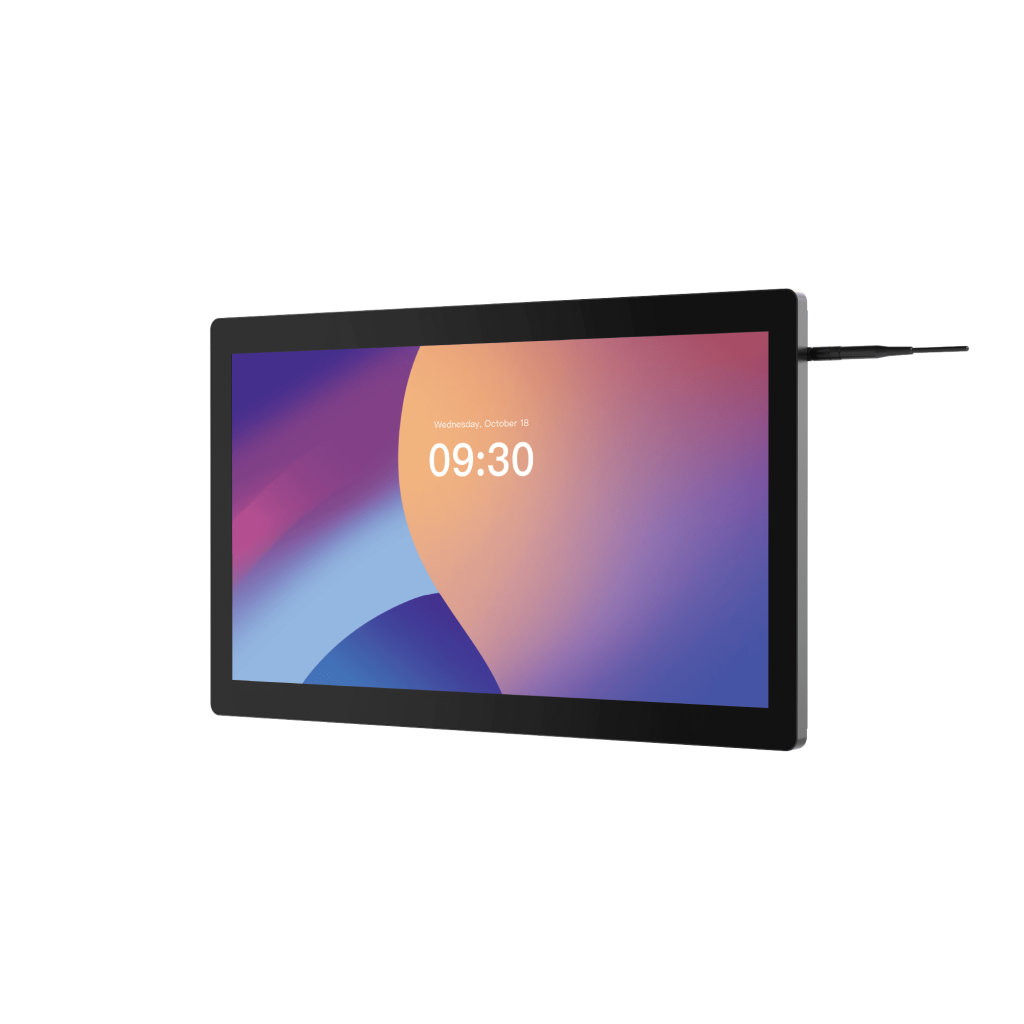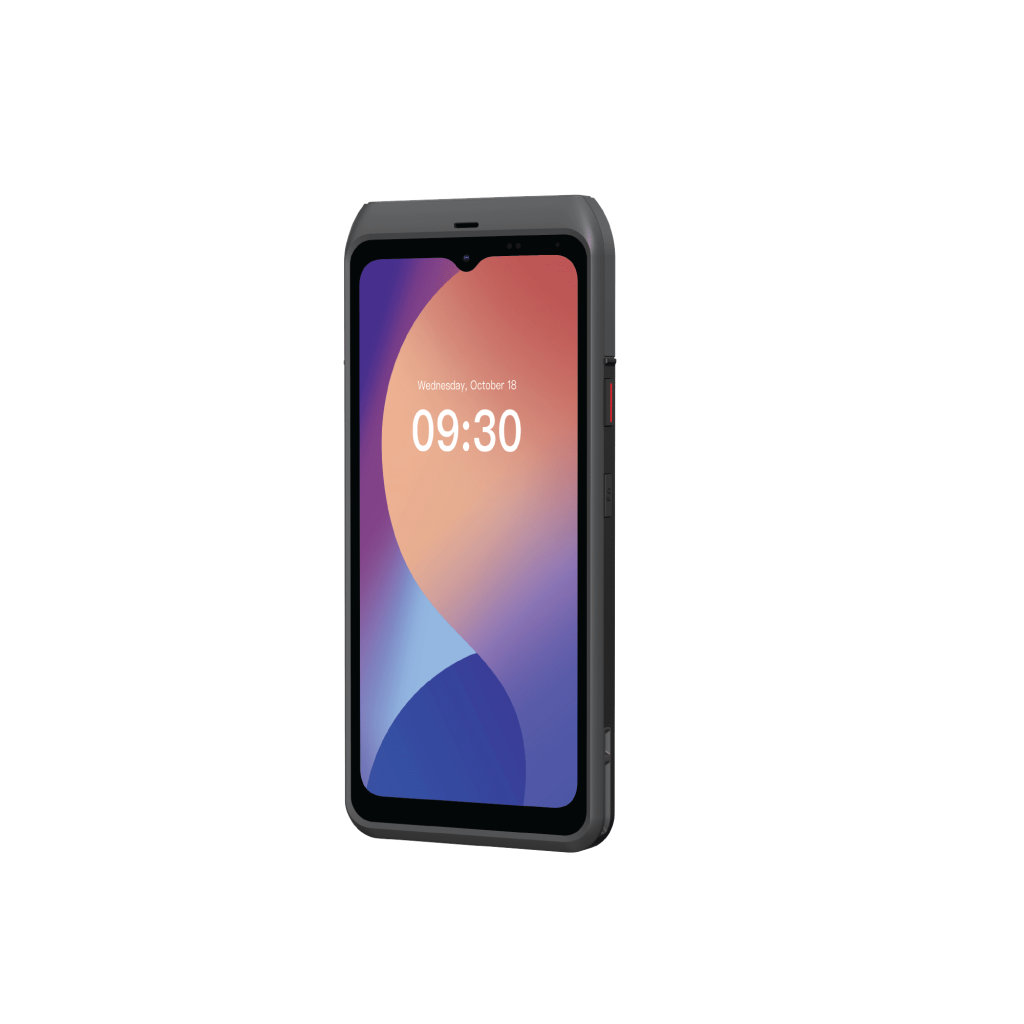Subscribe to newsletter
Check out our POS product lineup
Introduction to Modular POS
In the rapidly evolving landscape of retail environments, point-of-sale (POS) systems play a crucial role in streamlining transactions and enhancing customer experiences. Traditional POS systems often come as all-in-one solutions, encompassing various functions like payment terminals, barcode scanners, receipt printers, and customer displays within a single unit. However, with the advent of modular POS systems, a new approach to POS technology has emerged, offering businesses a more flexible and customizable solution, rather than the traditional integrated solutions of the past.
A modular terminal is typically a POS set up that consists of individual components or modules that can be customized, added, or removed based on specific business needs. Unlike a traditional all-in-one system, where all functionalities are included and integrated into a single unit, modular POS systems provided businesses with tailored retail solutions by allowing them to set up according to their unique circumstances and requirements.
In a modular approach, the core components typically include two elements:
1. The terminal or computer: this is the central unit where transactions are processed, such as a touchscreen terminal like a mobile device or a computer running POS software.
2. Peripheral devices: key accessories that enhance the base functionality of the POS system. Some common peripherals include payment acceptance terminals, barcode scanners, thermal receipt printers, customer displays, label printers, cash drawers or cash registers.
3. Software: The backbone of the entire system, that helps to manage transactions, customer relationship management, inventory, sales reporting, analytics, employee management and customer data among other features.
An example of a modular POS system would be iMin’s all-new Swift 1 Pro – a leading edge mobile POS device that has impressive processing powers, large memory size and durability. The Swift 1 Pro is an ideal solution for businesses of all sizes, with its powerful performance and compact design, perfect for businesses with small counter spaces. The modular design also includes a Seiko thermal receipt printer and barcode scanner, which allows not only for order processing but inventory management and stock taking as well.

iMin’s Swift 1 Pro with printing and scanning module
Pros of Modular POS Systems
Customizability: Customizability: Modular POS systems offer businesses unprecedented flexibility in tailoring their POS setup to meet specific needs. This customizability extends beyond hardware components like payment terminals and receipt printers; it also encompasses software integrations and user interfaces. For example, a retail environment may choose a POS system that integrates seamlessly with their inventory management software, allowing real-time updates and streamlined operations. This level of customization empowers businesses to create a POS environment that not only meets but exceeds their operational requirements.
Scalability: The scalability of modular POS systems is a game-changer for growing businesses. Unlike all-in-one POS system that may require a complete overhaul when expanding, modular systems allow for incremental upgrades. Businesses can start with a basic setup and add new modules as needed, whether it’s integrating new payment methods, expanding hardware capabilities, or incorporating loyalty program functionalities. This scalability ensures that the POS system remains agile and adaptable to evolving business needs without significant disruptions or costs.
Efficiency and Productivity: Modular POS systems are designed to enhance operational efficiency and productivity across various retail functions. For instance, the integration of advanced barcode scanners and label printers streamlines inventory management, reducing errors and improving accuracy. Similarly, features like tableside ordering and mobile payment options in restaurant environments expedite order processing and enhance customer service. By automating routine tasks and providing intuitive interfaces, modular POS systems empower staff to focus on delivering exceptional experiences to customers, ultimately driving loyalty and repeat business.
Enhanced Customer Experiences: In today’s competitive retail landscape, delivering exceptional customer experiences is non-negotiable. Modular POS systems play a pivotal role in this aspect by enabling businesses to create immersive and personalized interactions with customers, enhancing customer engagement. Customer displays can showcase product details, promotions, and personalized recommendations, fostering engagement and driving sales. Moreover, the integration of loyalty program functionalities allows businesses to reward and incentivize loyal customers, further enhancing the overall shopping or dining experience. Ultimately, with the right modules, creating an enjoyable and consistent customer experience will be a breeze.
Advanced Technology Integration: Modular POS systems are at the forefront of technological innovation, integrating advanced features that cater to modern consumer preferences. For example, the adoption of contactless payment options and mobile wallets enhances convenience and security for customers, aligning with the shift towards cashless transactions. Furthermore, cloud-based POS systems enable real-time data access and analytics, empowering businesses to make data-driven decisions and optimize operations. By embracing advanced technology, modular POS systems future-proof businesses and ensure they remain competitive in an increasingly digital market.
Cost-Effectiveness: While the initial investment in a modular POS system may seem higher than traditional all-in-one solutions, the long-term cost-effectiveness is undeniable. Businesses only invest in the accessory options, modules and functionalities they need, avoiding unnecessary expenses on features that are not relevant to their operations. Additionally, the scalability of modular systems allows businesses to grow incrementally, spreading costs over time and aligning investments with revenue growth. This cost-effective approach maximizes ROI and ensures that businesses can allocate resources strategically for continued success.
Cons of Modular POS Systems
Initial Setup Complexity: The initial setup of a modular POS system can be more complex and time-consuming compared to all-in-one solutions. Businesses must navigate compatibility issues between modules, configure software integrations, and ensure seamless communication between hardware components. This complexity requires thorough planning, testing, and expertise to avoid disruptions during the implementation phase. However, partnering with experienced POS providers and leveraging their support can mitigate these challenges and ensure a smooth transition.
Space Requirements: Modular POS systems may require more physical space, especially when incorporating multiple modules such as receipt printers, barcode scanners, and customer displays. This space requirement can be a challenge for smaller retail business with limited checkout space at their counter. Businesses must carefully plan and optimize the layout to accommodate the various modules without compromising the overall aesthetics or functionality of the retail space. Utilizing compact and space-efficient hardware options can help address this concern while maximizing operational efficiency.
Compatibility Concerns: Integrating diverse modules from different manufacturers can sometimes lead to compatibility concerns. Businesses must ensure that all modules work harmoniously together and are compatible with their POS software to avoid functionality issues or system failures. Thorough testing, firmware updates, and regular maintenance are essential to guaranteeing a seamless and integrated POS environment. Choosing reputable POS providers that offer comprehensive support and compatibility testing can mitigate compatibility challenges.
Maintenance and Upkeep: While modular POS systems offer flexibility and scalability, they may require more maintenance and upkeep compared to all-in-one solutions. Businesses must stay proactive in updating software, troubleshooting hardware issues, and replacing modules if necessary. This ongoing maintenance ensures the optimal performance and longevity of the POS system but requires dedicated resources, expertise, and budget allocation. Establishing a structured maintenance schedule and leveraging remote monitoring tools can help businesses stay ahead of potential issues and minimize downtime.
Cost of Expansion: While scalability is a significant advantage of modular POS systems, expanding the system with additional modules or upgrades may incur additional costs. Businesses should carefully evaluate the long-term costs of expansion, including hardware investments, software licenses, training expenses, and ongoing maintenance. Strategic planning and phased implementation of new modules can help manage costs effectively while maximizing the benefits of expansion. Additionally, exploring financing options or leasing arrangements can provide flexibility in scaling the POS system without significant upfront capital expenditure.
Training and Support: Implementing a modular POS system may require training staff on how to effectively use different modules and functionalities. Businesses must invest in comprehensive training programs to ensure that staff are proficient in operating the POS system and leveraging its full capabilities. Additionally, businesses need reliable technical support to address any issues or concerns promptly. Partnering with POS providers that offer training resources, user manuals, and responsive support channels is crucial to ensuring smooth operations and optimal utilization of the modular POS system.
By addressing these pros and cons in detail, businesses can make informed decisions when considering the adoption of modular POS systems. Leveraging the customizability, scalability, advanced technology integration, and cost-effectiveness of modular POS systems can unlock new opportunities for growth, efficiency, and enhanced customer experiences in the dynamic retail landscape.
As we look ahead, the future of modular POS systems is poised for further advancements and innovations. With the retail landscape constantly evolving, businesses are seeking more robust and adaptable POS solutions. Future trends in modular POS technology may include enhanced security features such as biometric authentication for payment terminals, cloud-based POS systems for remote management and data analytics, and seamless integration with emerging payment methods like cryptocurrencies.
Furthermore, advancements in modular design and compact form factors will address concerns about space constraints, making modular POS systems accessible to businesses of all sizes. The focus on improving retail experiences and customer experiences through intuitive interfaces, personalized interactions, and real-time data insights will continue to drive innovation in the POS industry.
In conclusion, modular POS systems offer a versatile and customizable retail solutions that caters to the diverse needs of businesses. By leveraging advanced technology, enhancing security features, and prioritizing customer experiences, modular POS systems are poised to shape the future of POS technology in the retail environment. If you are looking to get started, iMin offers full-range product lines of POS devices that covers mobile, desktop, tablet and even kiosk terminals.
